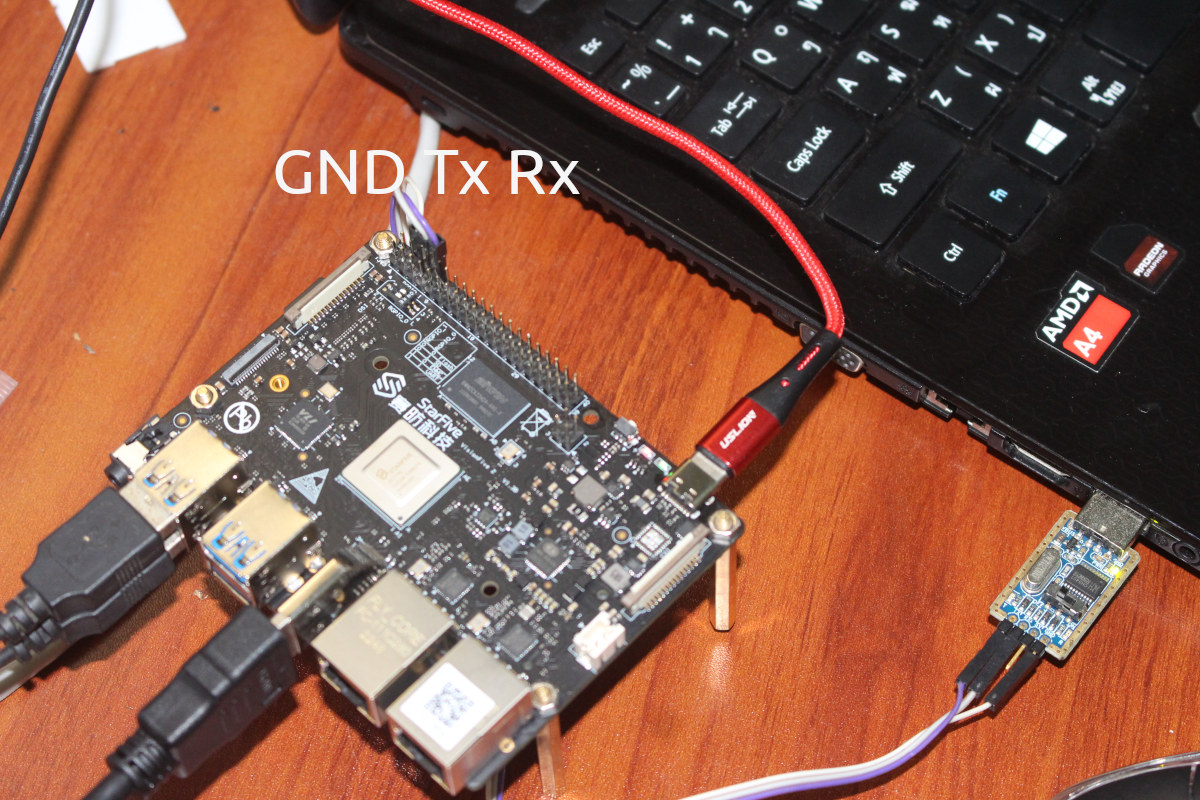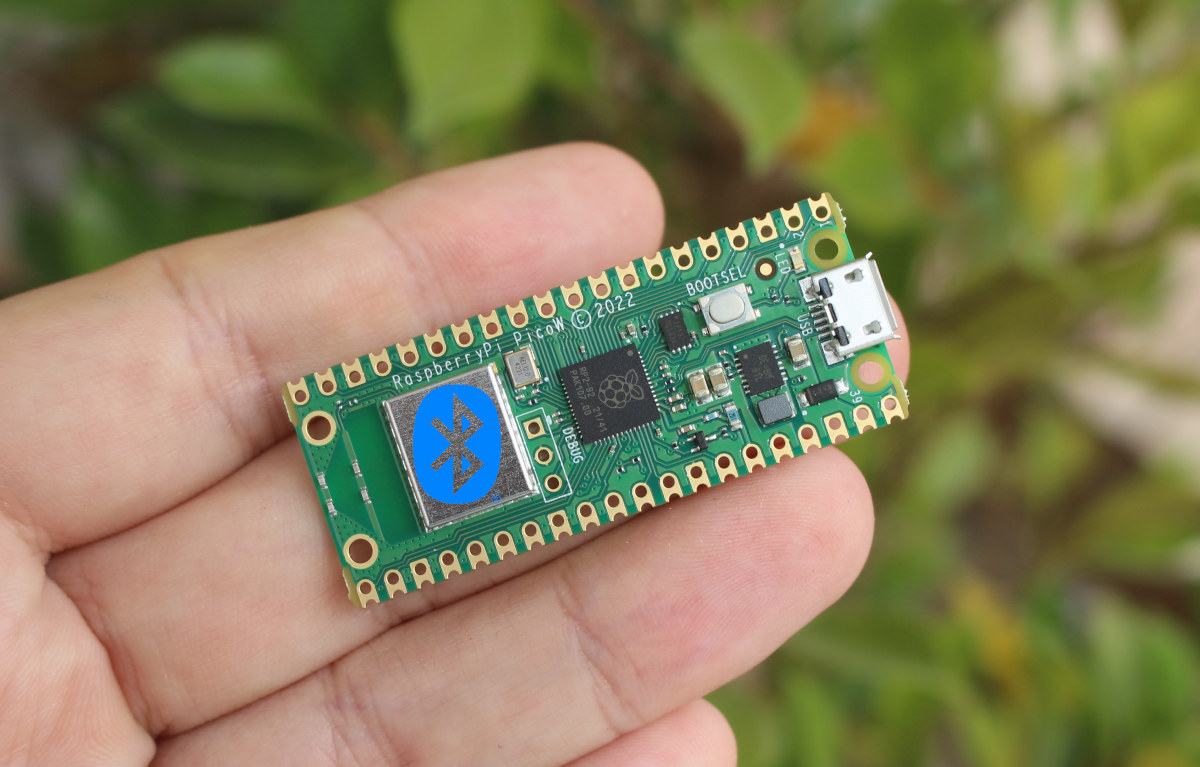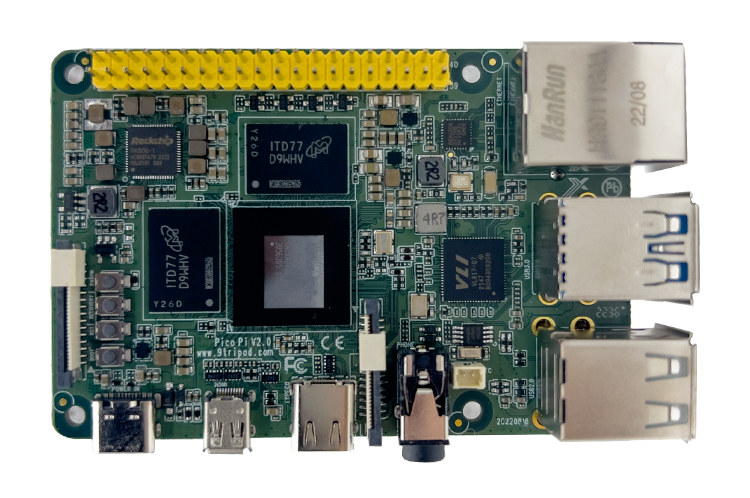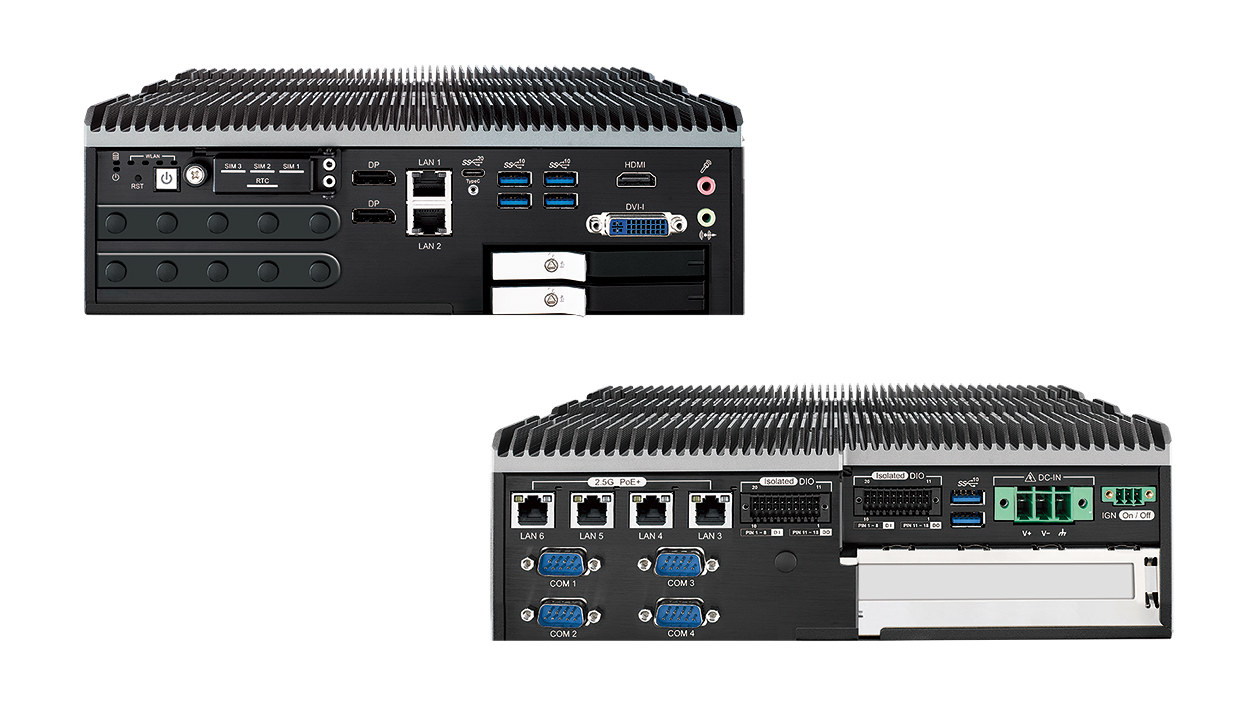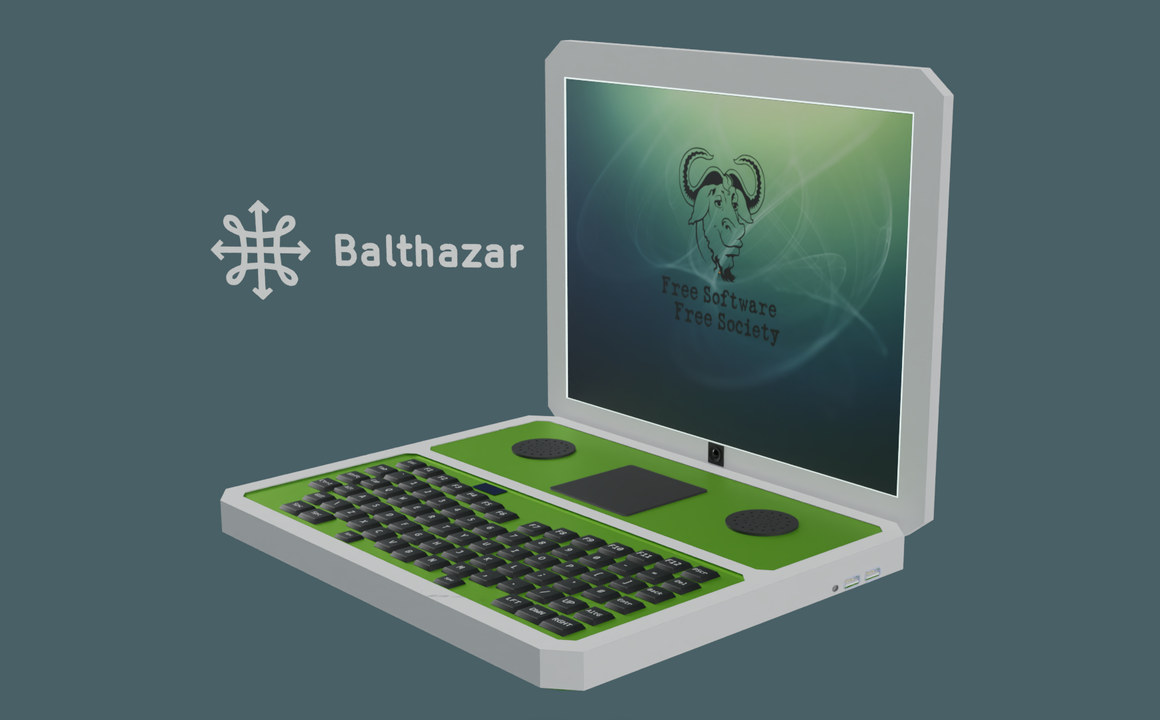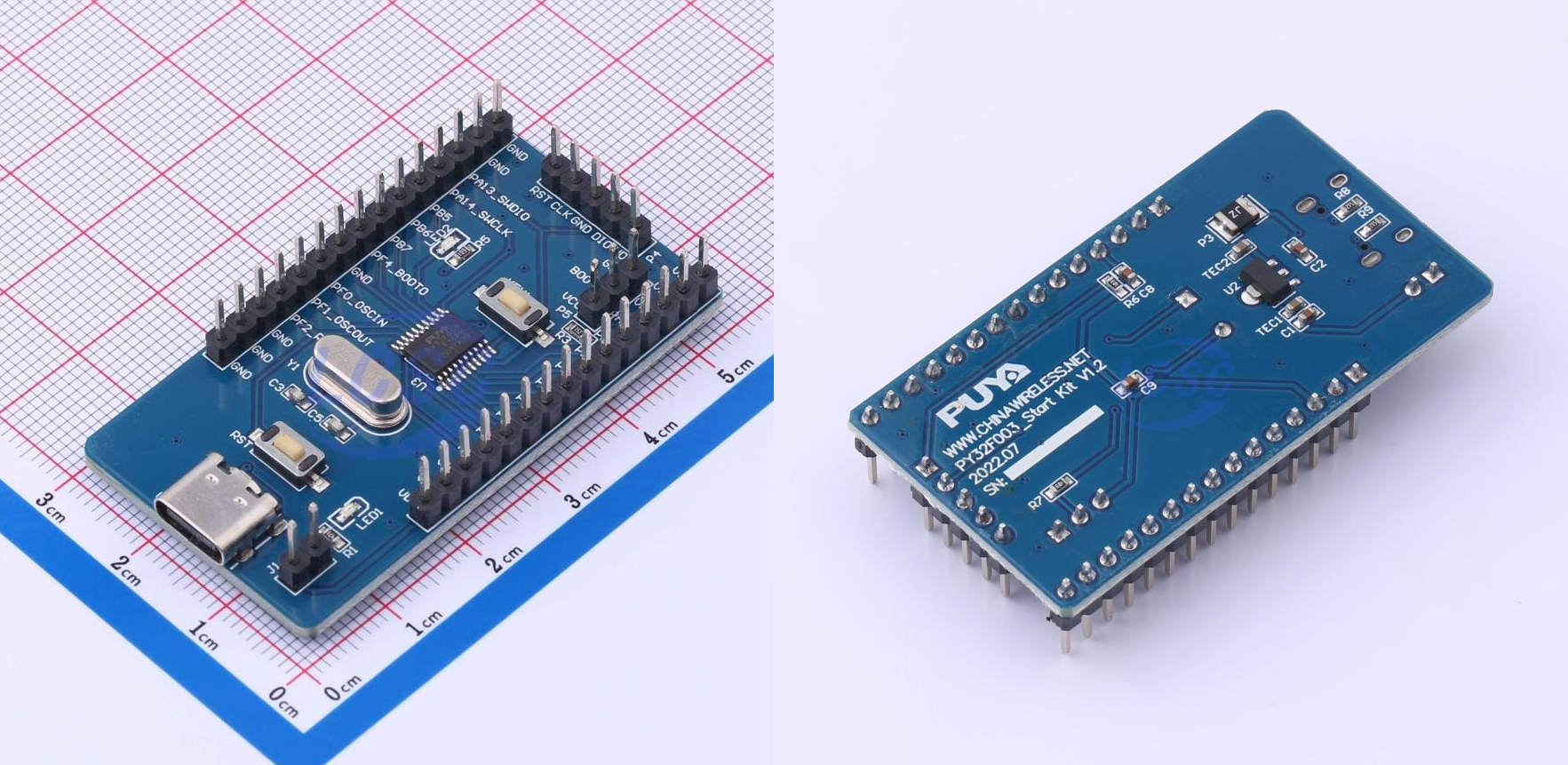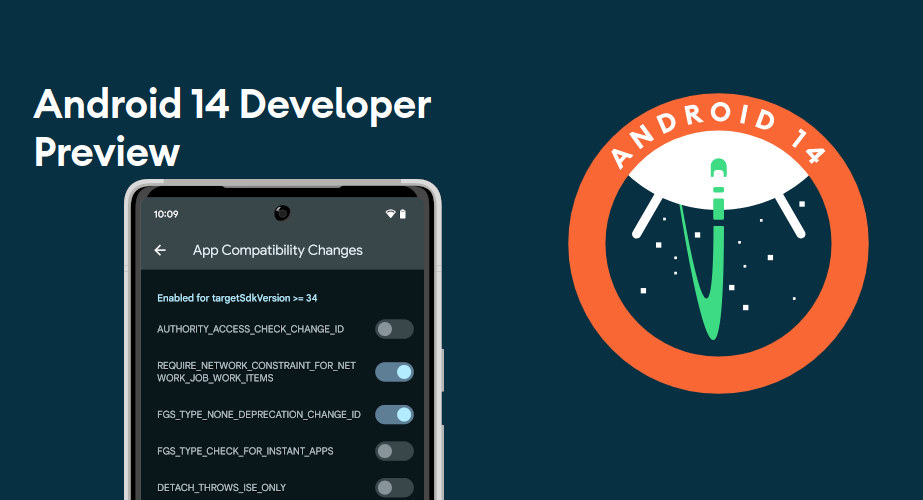StarFive sent me one of their VisionFive 2 RISC-V SBC for evaluation and review. I got the model with dual Gigabit Ethernet and 8GB RAM, and I’ll report my experience with the Debian 12 “bookworm” image. But note that won’t exactly be a review since the board is unreviewable at this time. It’s really for early adopters and there are many issues to solve, and in this post, I’ll report what works and what doesn’t, and some of the challenges I encountered just to install the OS… VisionFive 2 unboxing The board comes in a package that reads “Embrace change, embrace the future”. The bottom side has some useful links and QR codes, and what you’ll want is the GitHub repository with the source code and instructions to build the image from source (Note: Ubuntu 16.04, 18.04, or 20.04 x86_64 recommended), as well as the RVspace forum section for the […]
Raspberry Pi Pico W gets Bluetooth support in SDK 1.5.0
The Raspberry Pi Pico W board was launched with a WiFi 4 and Bluetooth 5.2 module based on the Infineon CYW43439 wireless chip in June 2022, and I wrote a tutorial showing how to connect to WiFi a few days after the launch, but nothing about Bluetooth. That’s because while the Raspberry Pi Pico W hardware supports Bluetooth, we were told that Bluetooth was not enabled at the time, but might be at a later stage. Alasdair Allan, who is responsible for the Raspberry Pi documentation, said Bluetooth support was scheduled very soon, and the SDK 1.5.0 release of the Pico C SDK is now available with Bluetooth implemented using BTstack low footprint dual-mode Bluetooth stack. Bluetooth support is still considered Beta and the SDK 1.5.0 implements the following key features and updates: New libraries for Bluetooth Low Energy (LE) support. Bluetooth Classic support. Bluetooth Sub Band Coding (SBC) encoder […]
9Tripod Pico Pi V2.0 SBC features Rockchip RK3588S SoC in Raspberry Pi 4 form factor
9Tripod Pico Pi V2.0 is the third Rockchip RK3588S SBC offering a powerful alternative to Raspberry Pi 4 while keeping the same form factor. It follows the Cool Pi 4 and Radxa ROCK5 Model A single board computers introduced in the last couple of months. The Pico Pi SBC, not to be confused with the Raspberry Pi Pico :), comes with 1GB to 32GB RAM, 4GB to 128GB eMMC flash, and pretty much the same port layout as the Raspberry Pi 4, except for one of the micro HDMI ports being replaced by a USB Type-C port with support for DisplayPort. 9Tripod Pico Pi V2.0 specifications: SoC – Rockchip RK3588S CPU – Octa-core processor with 4x Cortex-A76 cores @ up to 2.2-2.4 GHz, 4x Cortex-A55 cores @ up to 1.8 GHz GPU – Arm Mali-G610 GPU with OpenGL ES 3.2, OpenCL 2.2, and Vulkan 1.2 support VPU – 8Kp60 video […]
Vecow ECX-3200 expandable fanless embedded system is powered by a 13th Gen Raptor Lake-S processor
Vecow ECX-3200 is an expandable, fanless embedded system powered by Intel 13th generation Core i9/i7/i5/i3 Raptor Lake-S processor or 12th generation Alder Lake-S processor designed for rugged Machine Vision, AMR, Rolling Stock, Smart Retail and Edge AI applications. The ECX-3200 supports up to 64GB DDR5, SATA & NVMe storage, offers four 2.5GbE RJ45 or M12 ports with PoE+ on the rear panel, plus one additional Gigabit Ethernet port and a 2.5GbE port on the front panel, four video outputs up to 8Kp60 resolution, several USB 3.2 ports up to 20 Gbps, some serial ports, as well as isolated I/Os. Vecow ECX-3200 specifications: SoC Up to 24-core 13th Gen Intel Core i9/i7/i5/i3 Raptor Lake-S processor with Intel Xe graphics Up to 16-core 12th Gen Intel Core i9/i7/i5/i3 Processor Alder Lake-S processor with Intex Xe graphics System Memory – Up to 64GB DDR5-4800 (2x 32GB) via 2x SO-DIMM sockets Storage 2x SATA […]
Balthazar – An open-source hardware modular RISC-V, Arm, or FPGA laptop
The Balthazar Personal Computing Device (BPCD) is an open-source hardware 13.3-inch laptop with a RISC-V, Arm, or FPGA module and designed to be upgradable, expandable, and sustainable. The developers say the laptop is based on a few concepts inspired by the EOMA68 project. The EOMA68 is a CPU module based on the PCMCIA form factor, and an Allwinner A20 EOMA68 module was showcased in a prototype of the Rhombus Tech 15.6-inch Libre Laptop but I don’t think the project was ever manufactured. Balthazar laptop features: SoM with RISC-V, FPGA, or Arm Cortex-A7x processor plus memory and flash Storage – SATA SSD, eSATA connector, microSD card socket Display – 13.3-inch non-glare display Video Output – HDMI Audio – Speakers, detachable microphone array Camera – Detachable webcam Connectivity – Ethernet, WiFi USB – 2x USB 3.0 ports, Micro USB OTG port, Micro USB port User input Waterproof keyboard with an illuminated track-point […]
Meet Puya PY32 – The 8-cent Arm Cortex-M0+ microcontroller
Puya Semiconductor (Shanghai) PY32 Arm Cortex-M0+ microcontroller family may be the world’s cheapest 32-bit Arm MCUs with one of the parts – PY32F002AL15S6TU – selling for under 8 cents per unit in 5K+ orders with 3KB SRAM, 20KB flash in an 8-pin SOP-8 package. Back in 2016, when I searched for the world’s cheapest MCU, I found Holtek HT48R002 8-bit microcontroller, and a few years later (2019), Padauk PMS150C “3 Cents” MCU came to my attention. However, both are 8-bit microcontrollers that come with OTG (One-Time Programming) ROM, meaning they can’t be easily used for development or updated. The Puya PY32 microcontrollers are in the same price range but offer a 32-bit Arm Cortex-M0+ core clocked at 24 to 48MHz, 16KB to 64KB flash storage, and 2KB to 8KB SRAM. There are three PY32 sub-families, but let’s check out the PY32F002 family in detail since those are the cheapest parts. […]
Bluetooth 5.4 adds electronic shelf label (ESL) support
The Bluetooth Special Interest Group (SIG) has just adopted the Bluetooth 5.4 Core Specification with features such as PAwR and EAD designed for Electronic Shelf Label (ESL) systems. The Bluetooth 5.3 Core Specification was adopted in August 2021 with various improvements, and Bluetooth 5.4 now follows with features that appear to be mainly interesting for large-scale Bluetooth networks with support for bi-directional communication with thousands of end nodes from a single access point, as would be the case for Electronic Shelf Label or Shelf Sensor systems. Four new features have been added to Bluetooth 5.4: Periodic Advertising with Responses (PAwR) – PAwR is a new Bluetooth Low Energy (LE) logical transport that provides a way to perform energy-efficient, bi-directional, communication in a large-scale one-to-many topology with up to up to 32,640 devices. Devices can also be allocated to groups allowing them to listen only to their group’s transmissions. An Electronic […]
Android 14 developer preview brings enhancements to performance, privacy, security, and user customization
Google has just released the first developer preview of Android 14 with productivity improvements for developers, as well as enhancements to performance, privacy, security, and user customization. Android 14 aims to work better across devices and form factors with improved support for tablets and foldables and adds window size classes, sliding pane layout, Activity embedding, and box with constraints, etc… To help developers, the company also published “Get started with large screens” documentation and released a Cross-device SDK preview. The new version of the mobile operating systems also further streamlines background work to optimize system health and battery life and provide a better end-user experience. This is achieved through updates to JobScheduler and Foreground Services, optimized broadcasts most of which are internal to Android 14, and a new “Exact alarms” permission since it consumes more resources. Android 14 also introduced some user-facing changes with bigger fonts up to 200% with […]


